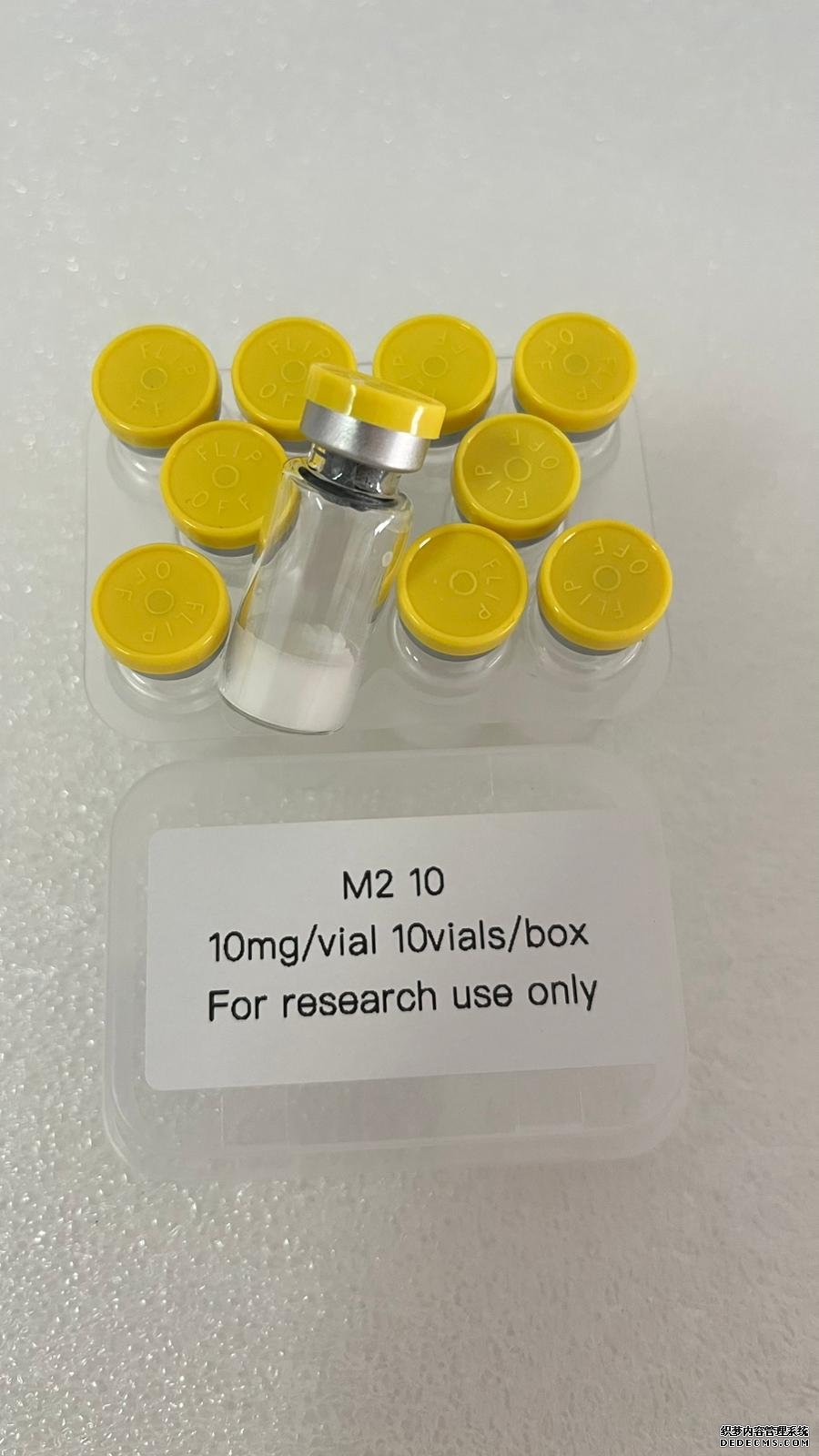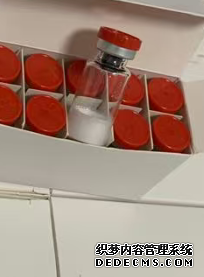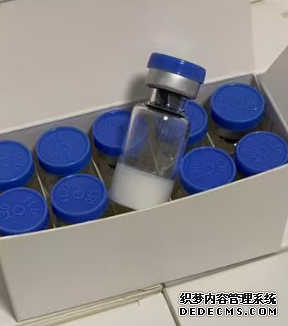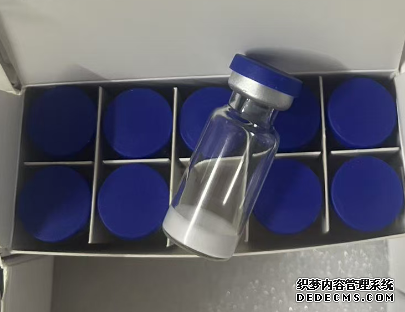Blog
Explore BPC - 157
Writer: admin Time:2025-06-10 16:13 Browse:℃
BPC-157 (Body Protection Compound-157) is a synthetic pentadecapeptide derived from a naturally occurring protective protein found in gastric juice. It has attracted significant interest in research focused on tissue regeneration, cellular signaling, and angiogenesis. Due to its structural properties and biological interactions, BPC-157 is widely studied for its potential role in cellular adaptation, healing and repair mechanisms, and growth factor modulation.
Research Focus and Areas of Interest
1. Tissue Regeneration and Cellular Repair
BPC-157 has been explored in experimental studies investigating tissue repair and cellular homeostasis. Researchers are particularly interested in its potential interactions with:
· Growth factors, such as VEGF (vascular endothelial growth factor), which play a key role in angiogenesis and blood vessel formation.
· Fibroblast and collagen pathways, which are essential for structural tissue integrity.
· Cellular migration and proliferation, particularly in response to injury or environmental stressors.
Due to its ability to modulate cellular signaling, researchers continue to study BPC-157 in the context of wound healing, muscle and tendon adaptation, and tissue homeostasis.
2. Angiogenesis and Microvascular Research
BPC-157 has been studied for its role in angiogenesis, the process of new blood vessel formation. Some laboratory studies have explored how this peptide may:
· Influence vascular endothelial growth factor (VEGF) expression.
· Promote capillary formation in microvascular networks.
· Support circulatory efficiency in response to physiological stressors.
These findings have positioned BPC-157 as a research focus in vascular biology, particularly in relation to circulatory adaptation and cellular oxygenation.
3. Cellular Protection and Homeostasis
BPC-157 is also studied in relation to cellular resilience and adaptive mechanisms. Some areas of research interest include:
· Oxidative stress regulation, with potential effects on mitochondrial function.
· Cytoprotective pathways, particularly in response to environmental stressors.
· Neuroprotection, where researchers are investigating its influence on neural tissue response.
Studies continue to explore how BPC-157 may modulate homeostatic processes, contributing to its growing significance in research related to cellular repair and stress adaptation.
4. Peptide Stability and Bioavailability Research
Unlike many peptides that degrade rapidly, BPC-157 has been noted for its stability and bioavailability. Researchers have examined its:
· Resistance to enzymatic breakdown, allowing for prolonged activity in biological environments.
· High solubility, which makes it adaptable for laboratory studies in different research conditions.
· Broad systemic interactions, leading to further investigations into its molecular binding and transport mechanisms.
Conclusion
Due to its broad applications in research, BPC-157 remains a key peptide for studies focusing on angiogenesis, cellular healing and repair, vascular adaptation, and tissue regeneration. Its unique pentadecapeptide sequence and structural stability make it an essential tool in peptide-based molecular research.
For research use only. Not approved for human or veterinary applications.
Stability: Store lyophilised protein at -20°c. Aliquot the product after reconstitution to avoid repeated freezing/thawing cycles. Reconstituted protein can be stored at 4°c for a limited period of time. The lyophilised protein remains stable until expiry date when stored at -20°c. For more information about storage, click here
Source: Biosynthesis
Reconstitution: Reconstitute with Bacteriostatic Water
Usage: Product is prepared for LABORATORY RESEARCH ONLY. BPC-157 for sale at Alpha is limited to scientific research and education only – Only buy BPC-157 if you are a licenced researcher.
* Images for illustration purposes only






 QQ客服
QQ客服